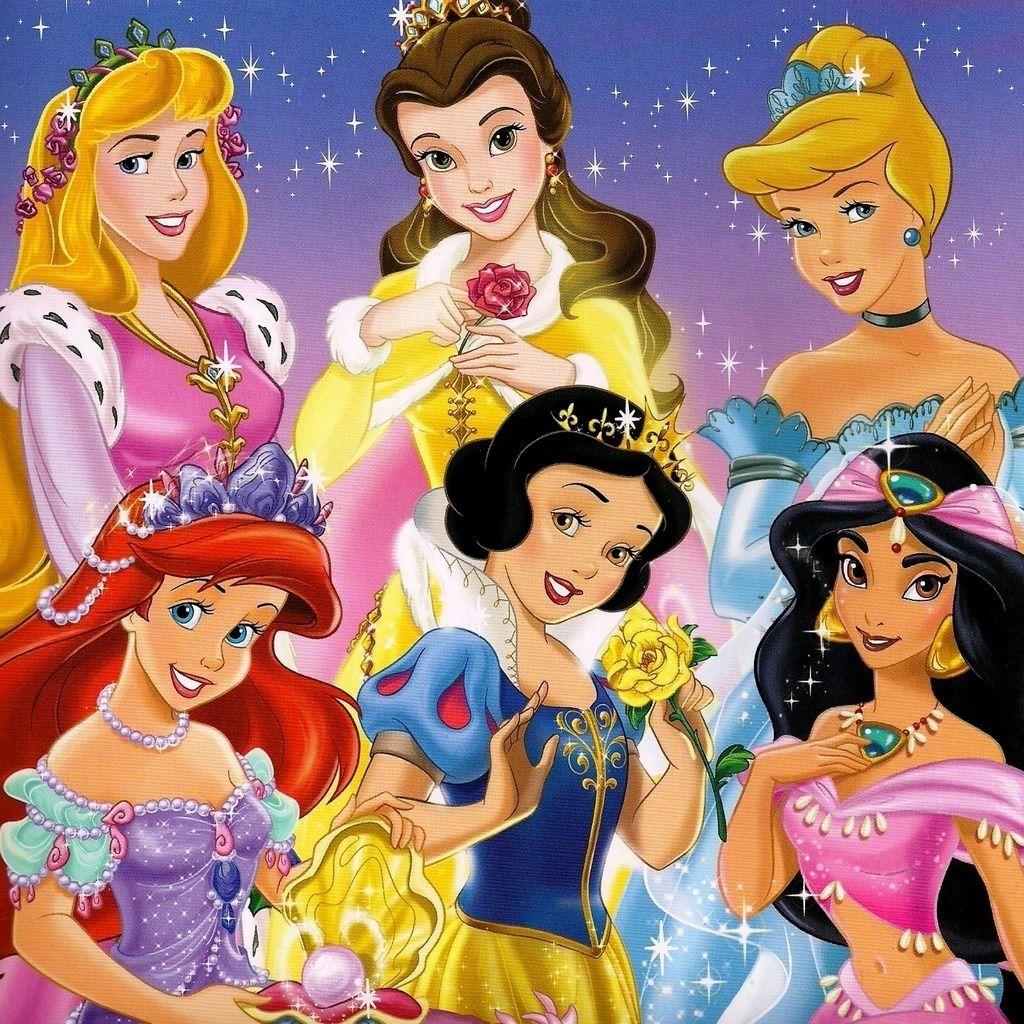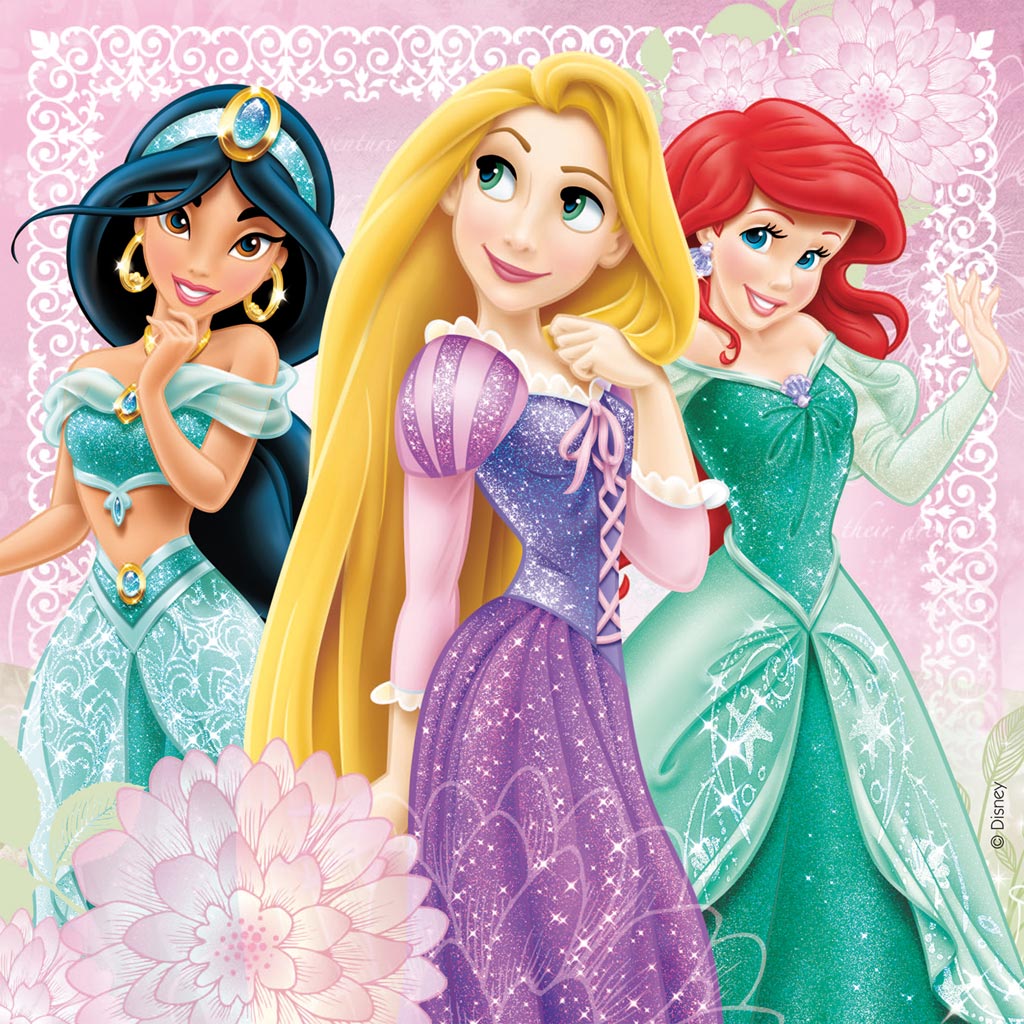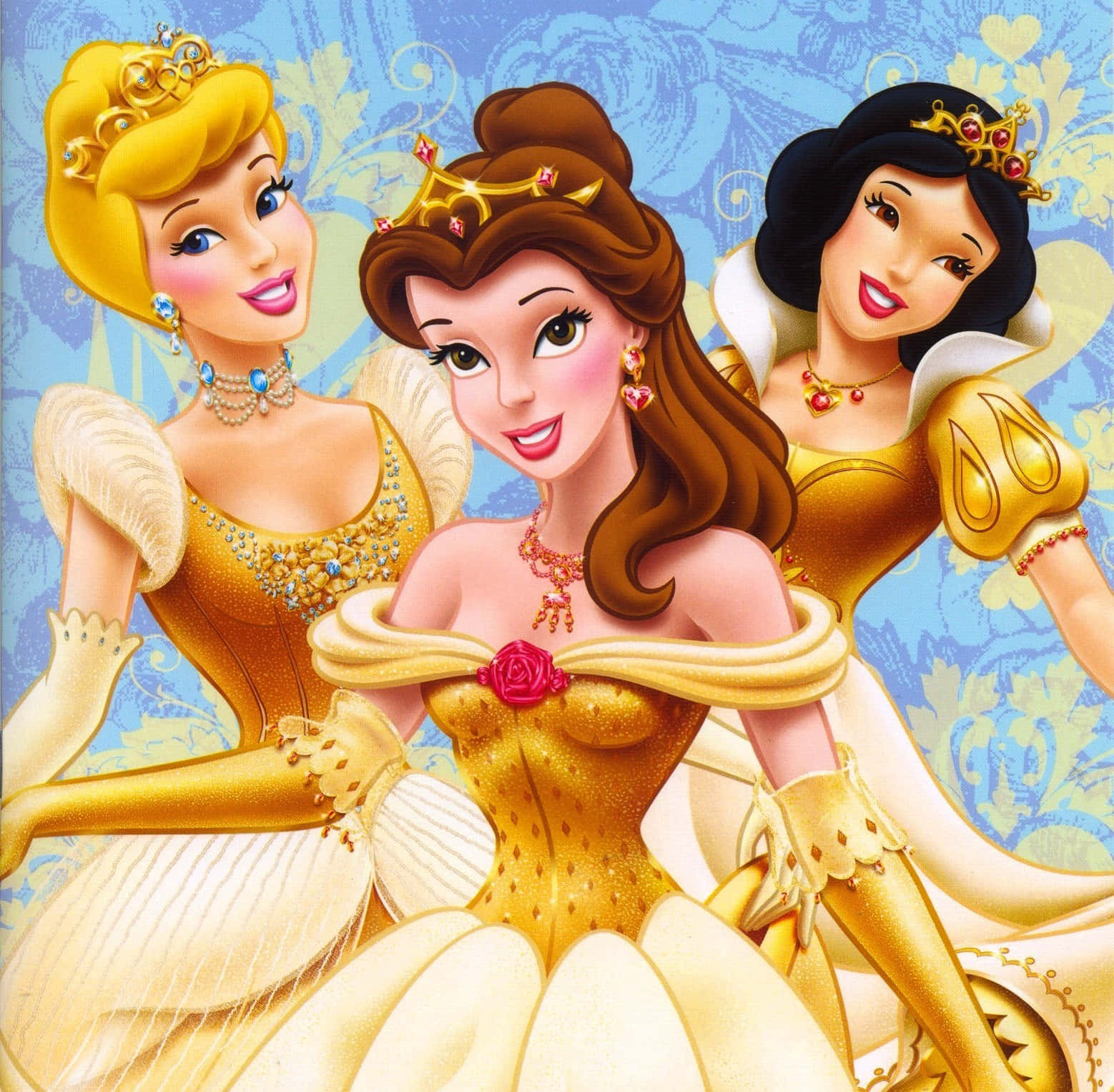Princess Ducki - Exploring Titles And Language
Thinking about a name like "princess ducki" helps us look at how we use words, especially titles, and what those words mean to us. It's a bit like holding up a looking glass to the way language works, showing us how we give people names that carry a certain feel or a particular standing. You know, just like how a word like "milady" appeared in our language a good while back, around seventeen seventy-eight, it really came from French, showing how our talk picks up bits from other places. So, too it's almost, when we hear "princess ducki," it makes us think about the long history of words we use to show respect or to point out someone important.
We often find that words change their job, or how they are used, depending on the situation. A name, even something as simple as "mister," can be a piece of a bigger title, or it can stand alone as a full way to address someone, but in those cases, it usually goes along with a certain job or a place in things. This sort of idea, how a name connects to a role, applies to the very idea of a "princess" as well. Is that a person who is truly royal, or someone who just acts like it? The way we talk about someone, like princess ducki, can tell us a lot about what we expect from that person, or what we imagine them to be doing.
This whole conversation about titles and names, from the very formal to the quite casual, helps us see the different ways we make sense of the world through our words. It's about how we tell stories, how we understand fairness, and even how we talk about rules for language itself. When we consider a name like "princess ducki," it becomes a way to think about all these different parts of how we communicate, showing us how even a simple name can open up a whole discussion about our shared experiences and the words we choose. You know, it really is a rather interesting way to look at things.
- Rod Stewart Last Tour
- Why Kevin Costner Out Of Yellowstone
- Which Taylor Swift Song Is About Travis Kelce
- Balcony Trooping The Colour
- H2ofloss Review
Table of Contents
This article will look at:
- The Idea of Princess Ducki - A Look at Titles and Terms
- How Do We Talk About Princess Ducki's Place in Language?
- The Origins of Formal Address - Milady and Princess Ducki
- What Makes a Title Stick, Like for Princess Ducki?
- "Mister" and Position - Lessons for Princess Ducki's Style
- Can Stories About Princess Ducki Live in Different Times?
- Weaving Past and Present - Princess Ducki's Narrative Flow
- Is Fairness Always Fair - A Thought on Princess Ducki's World?
- The Double Standards of Language - A Reflection for Princess Ducki
The Idea of Princess Ducki - A Look at Titles and Terms
When we hear the name "princess ducki," it might bring to mind all sorts of ideas about what a princess is, or what she does. This sort of name, you know, helps us think about how we give people titles and what those titles mean. It is a very interesting way to consider how language works in our everyday talk. We can think about how a name like this fits into the bigger picture of how we use words to describe people and their roles. This conceptual "princess ducki" serves as a handy point of reference for exploring some common observations about language.
| Aspect | Observation |
|---|---|
| Historical Roots of Titles | Terms like "milady" show how formal address has changed over centuries, influencing how we might think about a figure like princess ducki. |
| Titles and Roles | The way "mister" connects to a specific job or standing helps us see how names, even "princess ducki," can carry certain expectations. |
| Storytelling Techniques | When we try to tell a tale, say about princess ducki, we sometimes jump between what happened long ago and what is happening now, using words that make the past feel present. |
| Language Communities | Places where people gather to talk about words, like online groups, show how we discuss the proper way to use terms, even those related to a character like princess ducki. |
| Word Form Changes | Understanding how words get their plural forms, like "princesses" instead of "princesseez," gives us a hint about how language rules apply to all words, perhaps even to how we'd describe many princess ducki figures. |
| Casual Word Forms | Shortened versions of words, like "lil'" for "little," show how language becomes more relaxed, which might influence how a name like princess ducki is used informally. |
| Figurative Use of Titles | The word "princess" can mean someone dressing up, wishing for a role, or even being bossy, showing how the idea of princess ducki can take on many different meanings in everyday talk. |
| Grammar and Common Speech | Sometimes the way people speak, like saying "get up offa that," doesn't follow strict grammar rules, which is something to consider when thinking about how a name like princess ducki might be used in conversation. |
How Do We Talk About Princess Ducki's Place in Language?
The way we speak about someone, or even an idea like "princess ducki," can show us a lot about the roots of our language. You see, our words have a history, a sort of family tree that goes back a very long time. For example, the term "milady," which we might not hear much these days, came into common use around seventeen seventy-eight. It had some of its beginnings in French, which tells us that words are always moving around and picking up bits from other places. So, when we think about a name like "princess ducki," we can also wonder about its own story, where it might have come from, and what other words might have influenced it. It's a little like tracing a river back to its source, trying to see where the flow began.
- Kenny Loggins We Are The World
- Astrology In June
- Brad Pitt Buzz Cut Hairstyle
- Olivia Milton John
- Friday The 13th House
The Origins of Formal Address - Milady and Princess Ducki
When we consider words that show respect, like "milady," it's clear they have a certain past. This particular word, you know, was a way to talk about or directly address someone, a title that carried a sense of importance. It shows how, over time, we have created specific terms for certain people. The very concept of "princess ducki" helps us think about this history of formal address. Is it a title that has been around for ages, or is it something newer? The way language evolves means that even a name that sounds fresh can have older echoes in it. For instance, the very idea of a "princess" itself has a long and varied history, meaning different things to different people across many generations. Basically, it's about how we label people and the weight those labels carry.
What Makes a Title Stick, Like for Princess Ducki?
Have you ever thought about why some titles become widely known and stay with us, while others fade away? It's a curious thing, how a name or a style of address can become fixed in our minds. For a figure like "princess ducki," this makes us wonder what qualities would make her name memorable. We can look at other titles to get some clues. Take the word "mister," for example. I mean, we know that there are moments when "mister" is either a piece of a bigger title or a full title on its own. But in those situations, it is often tied to some sort of job or a place in society. So, that, is that, a "mister" is not just any person; they hold a certain position. This connection between a name and a role is quite important.
"Mister" and Position - Lessons for Princess Ducki's Style
The way "mister" works, how it's linked to a job or a certain standing, really gives us something to think about for "princess ducki." It suggests that for a title to truly stick, it often needs to be associated with something concrete, something that gives it meaning. Perhaps "princess ducki" is connected to a specific role, or maybe she represents a certain kind of behavior or a particular outlook. We often see that a name gains its strength from what it stands for. This is why titles like "princess" themselves carry so much weight; they bring to mind ideas of royalty, grace, or even a certain kind of expectation. You know, it's all about the associations we build around a name.
Can Stories About Princess Ducki Live in Different Times?
When we tell a story, especially about someone like "princess ducki," we sometimes want to talk about things that happened a long time ago and also what is happening right now. It can be a little tricky to make the past feel as if it's happening in the present moment. I was stuck trying to make the start of a story happen far back in time, yet let the rest of it be in the present, but only using a historical present tense. This way of telling a tale, where you use present-day verbs to describe past events, can make the story feel very immediate. It makes you feel like you are right there, watching it all unfold, even if it happened centuries ago. This is a very interesting way to play with time in storytelling.
Weaving Past and Present - Princess Ducki's Narrative Flow
The challenge of making a story about "princess ducki" move smoothly between different time periods is a good example of how flexible language can be. It's about finding ways to connect what came before with what is happening now, all while keeping the listener engaged. For instance, imagine a story where princess ducki "walks" through an ancient castle, even though she lived long ago. This use of present tense for past events can be a powerful tool. It really pulls you into the story, making you feel a part of her world, no matter when it took place. So, in some respects, it's about making history feel alive and breathing right in front of you, which is pretty neat.
Is Fairness Always Fair - A Thought on Princess Ducki's World?
Sometimes, when we talk about what's fair, especially in difficult situations, we see a curious contradiction. It's a bit like when people say certain things are not right in a conflict, but then they go ahead and do those very things when it suits them. So, then, on earth today, we have the double standard of people who say that there are things that are not fair in war, but who regularly do them when it helps them out anyway. This kind of behavior, where words and actions don't quite match up, is something we see in many areas of life, not just in big conflicts. It makes you wonder, if princess ducki were to look at our world, what would she think about how we talk about fairness versus how we actually behave? It is a rather thought-provoking question.
The Double Standards of Language - A Reflection for Princess Ducki
This idea of saying one thing and doing another, this kind of double standard, shows up in how we use language too. We might have rules about how words should be used, but then people speak in ways that break those rules. For instance, when we talk about the plural endings for words that end in "ess," there's a standard. We wouldn't say "princesseez" for Disney princesses, or "adresseez" for home addresses. We say "princesses" and "addresses." But then, you hear things like "get up offa that" at a concert, which isn't strictly proper grammar. The way people speak, you know, can often be different from the written rules. This makes us think about how a name like "princess ducki" might be used in everyday talk, perhaps in ways that are more relaxed than what a strict rulebook might suggest. It's a fascinating look at how language lives and breathes.
- Zoe Oscar
- Al Roker Left Today Show
- Are Bradley Cooper And Gigi Hadid Still Dating
- Kylie Jenner And Chalamet
- Glenn Powell Hot

Disney Princess iPad Wallpapers - Top Free Disney Princess iPad

Disney Princess - Disney Princess Photo (33708180) - Fanpop

Download Princess Pictures | Wallpapers.com